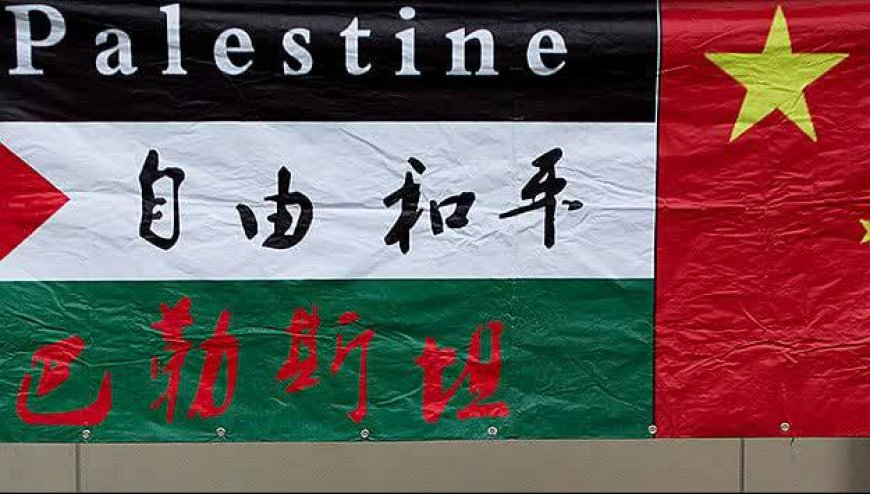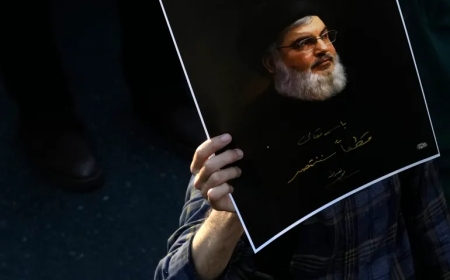China's Support for Gaza: A Game Changer?
The Middle East, owing to its immense geopolitical significance, stands as one of the most fiercely disputed regions across the globe. Its terrain remains perpetually embroiled in conflicts between states, while great powers relentlessly vie for dominance over its abundant energy resources. Following the conclusion of World War II, the Middle East emerged as the primary theater of contention between the United States and the former Soviet Union, the two superpowers of that era.

In recent years, the international community has endeavored to exert a meaningful influence on the developments unfolding in the Middle East, yet attention is now increasingly directed towards China. Over the course of four decades, Beijing has dramatically consolidated its influence, to the extent that it now rivals, or even surpasses, the United States in certain domains. This pivotal shift has occurred at a juncture when the United States has enjoyed an almost uncontested hegemony in the oil-rich Middle East following the conclusion of the Cold War. By securing its position vis-à-vis the region's energy resources, the US has fostered robust relationships with the Arab regimes within the Middle East. However, the countries of this region have begun to prioritize burgeoning economic ties with China, and gradually, Beijing has transformed from a neutral observer into an influential and active participant in the region's intricate political landscape.
China has consistently displayed open sympathy for the Palestinian cause, which stands as one of the most salient challenges in the Middle East. Various regional and extra-regional actors have always sought to involve themselves in this issue. Mao Zedong, the founding founder of the Chinese Communist Party, overtly lent support to the Palestinians by providing them with weaponry. Mao even drew a parallel between Israel and Taiwan, both receiving backing from the United States, and described Israel as "the bastion of Western imperialism." Throughout the 1980s and 1990s, China persistently advocated for a "two-state" solution to the Palestinian question.
In the 21st century, as China's economic, military, and political power flourished, its stance on the Palestinian issue continued to evolve. China intensified its diplomatic endeavors and engagement with the Zionist regime and Palestine, aspiring to play a more central role in the so-called peace process. In recent years, alongside its unwavering support for the two-state solution, China has sought to maintain a delicate equilibrium in its relations with the Zionists and Palestinians, as it consistently underscores the significance of dialogue and negotiation as the means to resolve this protracted crisis.
However, with regard to the recent military conflict in the Gaza Strip, China expressed profound concern and reiterated its unwavering support for the establishment of a Palestinian state. While the unprecedented military operation by the Palestinian resistance drew usual condemnation from the United States and the European Union, China, as an emerging global power, stood in support of Palestine. The Chinese Foreign Minister characterized Israel's actions as "transgressing the boundaries of self-defense" and called for an immediate cessation of the collective punishment inflicted upon the Palestinian civilians in Gaza. In discussions with the US Secretary of State, Antony Blinken, Chinese officials urged Washington to assume a "more constructive and responsible role."
Some observers posit that China's contrasting position vis-à-vis the United States regarding the ongoing war against the Gaza Strip is, in fact, aimed at diminishing the global hegemony of its Western rival. Thus, based on China's recent stances regarding developments in Palestine, it appears that China is implementing a far-reaching strategy to secure the backing of countries aligned with the Palestinian cause in regions such as the Middle East, Africa, and Latin America. These regions, deemed potential allies by China, hold increasing significance as Beijing engages in a fierce competition with Washington, necessitating robust cooperation from these quarters.













































